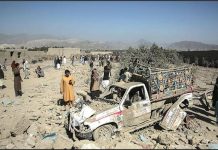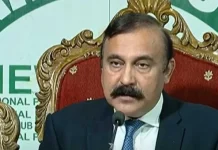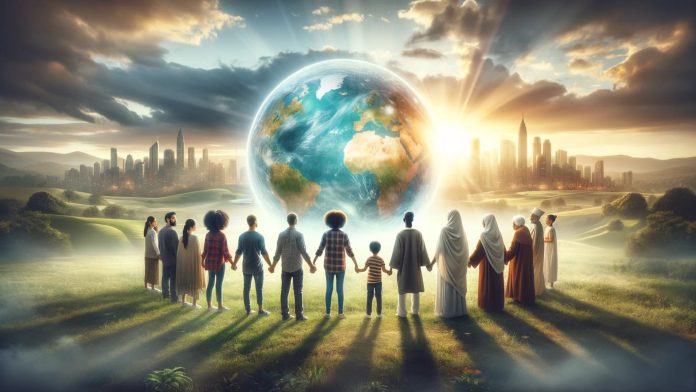
Written by: Muhammad Zeb (Peshawar City)
Diplomacy is a remarkable process in human history that has been used to resolve conflicts between nations, maintain peace, and promote prosperity. It is an ancient tradition, but in today’s modern world, its significance has grown even further. “The Journey of Diplomacy :The Path to Peace” is not just a message; it is an invitation to improve the world. The current world is facing numerous challenges, which can only be effectively addressed through diplomacy.
Diplomacy is a process through which nations articulate their interests, establish relations with other countries, and strive to improve those relationships. This process includes dialogue, negotiations, agreements, and compromises. The importance of diplomacy becomes even more pronounced during times of international tension, the threat of war, or when a global issue requires an immediate solution. Diplomacy not only helps in maintaining peace but also serves as a means for developing countries to access opportunities for progress.
The Multifaceted Concept of Peace
Peace is not merely the absence of war; it is a comprehensive concept encompassing various dimensions:
Social Peace Achieved when every individual receives justice, equality, and harmony prevails in society.
Economic Peace Possible through economic cooperation among nations, equitable resource distribution, and the eradication of poverty.
Political Peace Attainable when every country respects another’s sovereignty, prioritizes human rights, and resolves conflicts through peaceful means.
Cultural Peace Realized when nations understand and accept each other’s cultural differences.
The Complexities of Diplomacy
Diplomacy is not a simple process; it is a constant struggle, presenting diplomats with various challenges, including:
Cultural Differences: Understanding the languages, traditions, and lifestyles of diverse nations and conducting diplomacy accordingly is a challenging task.
Political Interests Every country prioritizes its own interests, making it difficult to reach agreements.
Economic Inequalities The disparity between developed and developing countries complicates diplomatic processes.
Public Pressure Diplomats face additional pressure to meet the expectations of their governments and citizens.
Diplomacy is not merely a governmental process; it encompasses various aspects and types:
Bilateral Diplomacy When two countries engage in dialogue to improve relations or resolve disputes.
Multilateral Diplomacy When multiple countries discuss an issue together, such as in United Nations meetings.
Public Diplomacy a modern concept involving the public in the diplomatic process, such as through cultural exchange programs.
Digital Diplomacy Engaging in discussions on global issues using modern technology, such as social media or online platforms.
Historical Context of Diplomacy
Diplomacy has undergone significant evolution in human history. In ancient times, tribal leaders resolved disputes through diplomacy. Later, with the establishment of states, diplomacy became a formalized process. The formation of the United Nations further expanded the scope of diplomacy, granting it global significance. Today, diplomacy is not limited to conflict resolution but also extends to developmental projects, environmental protection, and the promotion of human rights.
The Path to Peace: A Beacon of Hope
The “path to peace” is not merely a dream but a reality achievable through diplomacy. Walking this path is undoubtedly challenging, but it is not impossible. Various obstacles, such as mistrust among nations or resource shortages, may arise, but the ray of hope always shines. The journey of diplomacy demonstrates that when nations work together, any issue can be resolved.
Responsibility of Global Citizens
The responsibility for peace does not solely rest on governments or diplomats; every citizen of the world can contribute to fostering peace. Individuals can work within their capacity to promote peace
Education for Peace. Educating students about different cultures and languages to enhance their understanding of the world.
Social Work: Working to eradicate poverty and protect human rights.
Utilizing Digital Platforms Promoting social harmony and raising awareness about international issues.
“The Journey of Diplomacy: The Path to Peace” is a comprehensive and meaningful title that highlights the significance of diplomacy and its philosophy, which requires consistent effort, patience, and flexibility. It is a message not just for diplomats but for every individual in the world through our collective efforts, we can establish a world of lasting peace. The journey may be long, but with hope and determination, the destination is within reach.

























